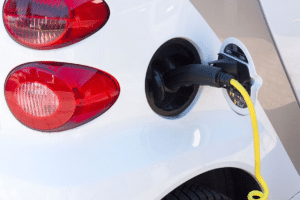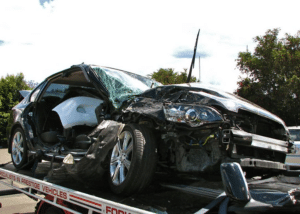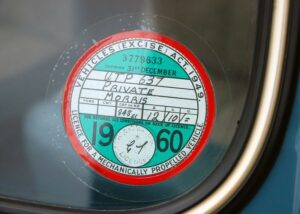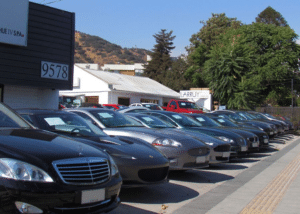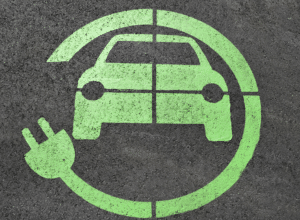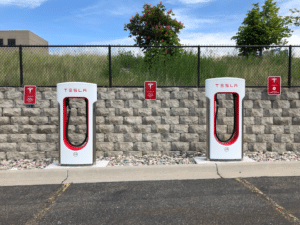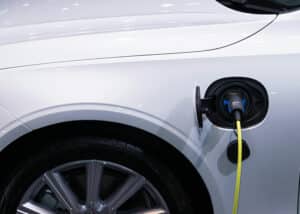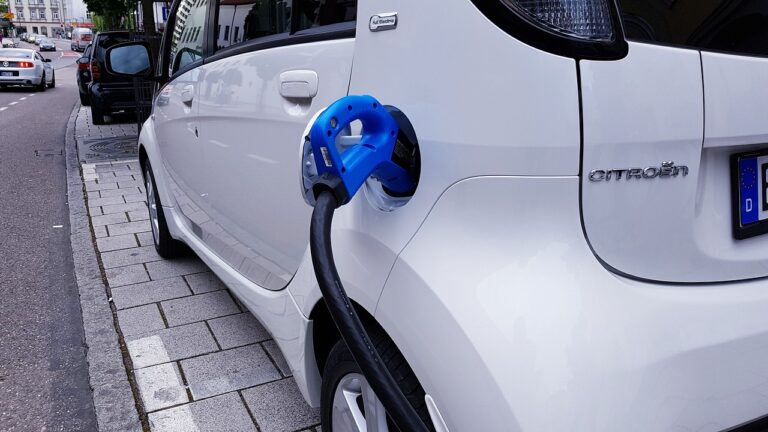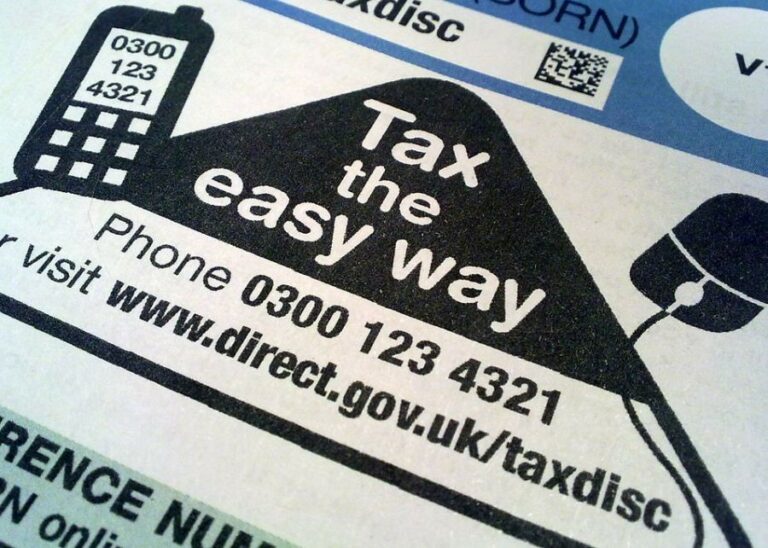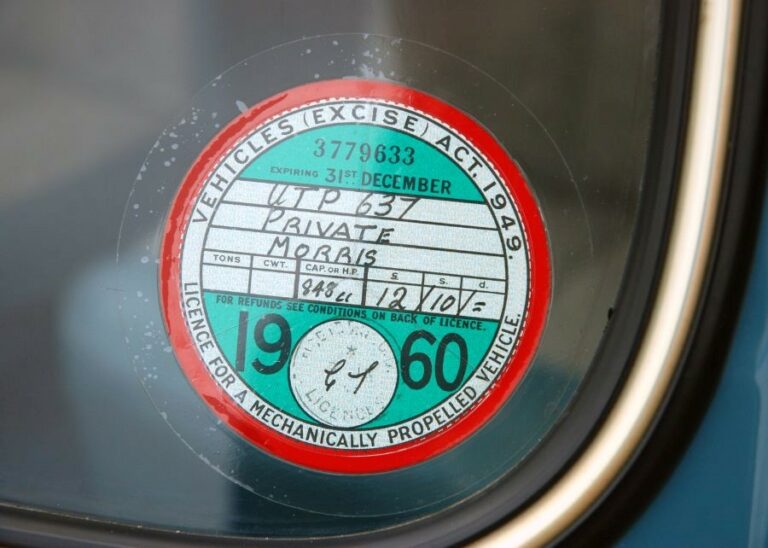The cost of charging an EV depends on several factors, such as the type and size of the battery, the electricity tariff, the charging speed, and the location of the charger. Generally, charging an EV at home is the cheapest and most convenient option, while using public rapid or ultra-rapid chargers is the most expensive and fastest way to charge.
Let’s take a look at how much it costs to charge an electric car in the UK to give you an idea roughly how much electricity cost you could be expecting to pay.
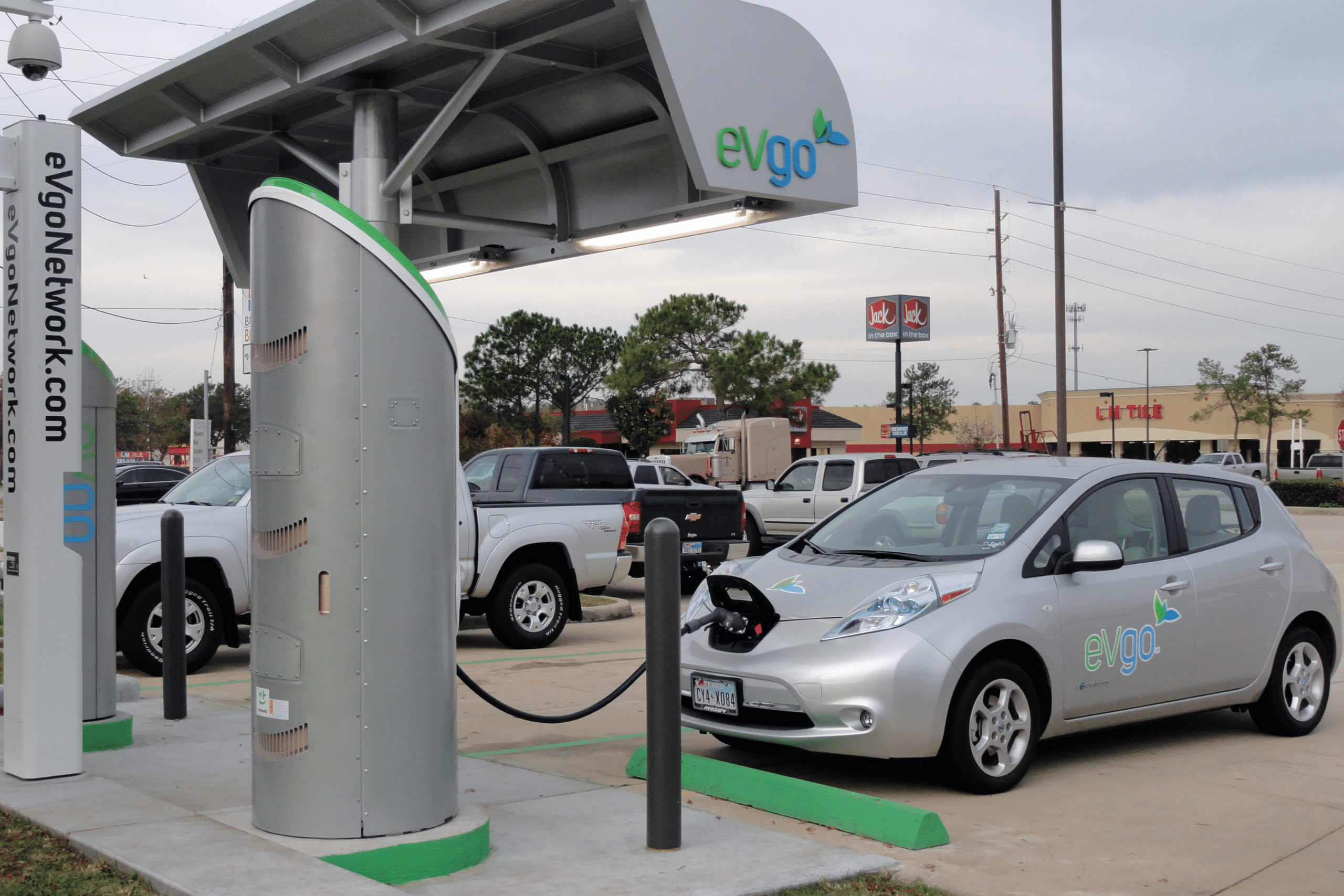
How much will it cost to charge my car at home?
Firstly, how much does it cost to charge an electric car at home? The average unit rate for electricity in the UK is around 14p per kWh, although it can vary depending on where you live and what tariff or electricity bill you’re on, according to Parkers.
For example, some of the things that will determine how much it will cost for home charging your electric car can include:
The size of the battery and the range of the EV can vary depending on the model. For example, a small city car that has a 36.8 kWh battery and a range of 159 miles, while a large SUV like the Audi e-tron has a 95 kWh battery and a range of 237 miles.
To calculate the cost of charging an EV at home, you can multiply the price of electricity (pence per kWh) by the size of the battery (kWh). For example, to fully charge a VW e-up! at home, it would cost around £5.15 (14p x 36.8 kWh), while to fully charge an Audi e-tron, it would cost around £13.30 (14p x 95 kWh).
The speed of your home charger also affects how long it takes to charge your EV and how much it costs. There are three main types of chargers: slow (up to 3 kW), fast (7 to 22 kW), and rapid (43 to 350 kW). The faster the charger, the more expensive it is to use.
However, you don’t need to fully charge your EV every time, as most EVs have a smart charging feature that allows you to set a target charge level and schedule your charging time. This way, you can take advantage of off-peak rates or renewable energy sources, says the RAC.
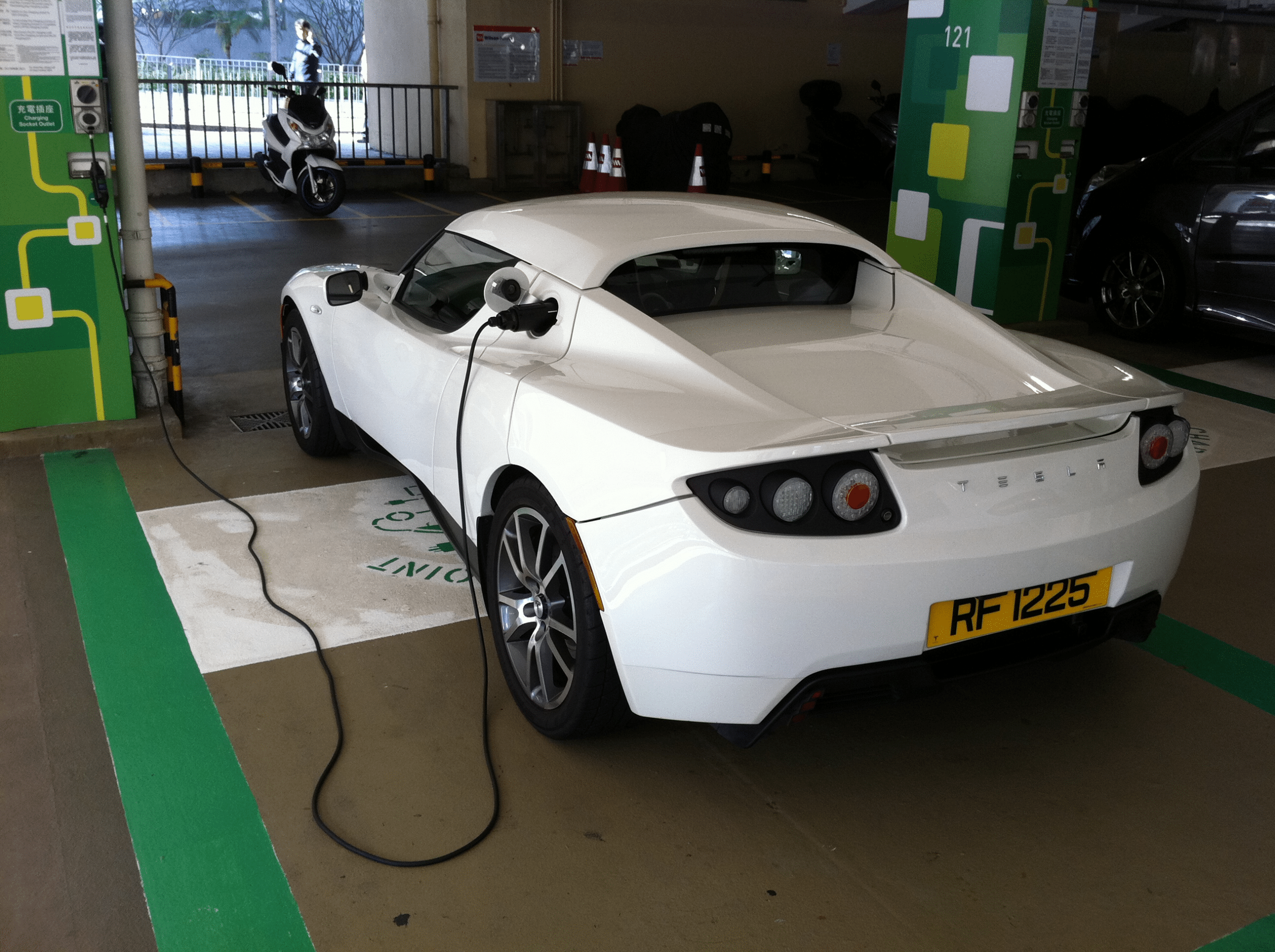
How much does it cost for motorway charging?
The cost of charging your electric car at motorway service stations depends on the network provider and the duration of charging. The cost of charging your electric car isn’t as simple as running costs or paying to fill up your petrol or diesel car. As of March 2023, most network rapid chargers cost 73p/kWh, which is about £22 for 30 minutes of charging, according to Pod Point.
However, some providers may charge a flat fee instead of a per-kWh rate. For example, Ecotricity charges £5 for a 20-minute charge at its 300 fast charging stations across the UK.
You can use Zapmap’s public EV charging cost calculator to estimate the cost to fully or partially charge your electric vehicle (EV) when using the public charging network. Charging at a motorway service area is likely to be the most expensive way to recharge an electric car, but, according to the RAC, it’s still cheaper than paying for petrol or diesel on the motorway.
Charging at public charging stations
Charging your electric car at a public charging station can be a convenient way to extend your driving range and reduce your environmental impact. However, there is also the cost of charging and using public chargers too. How much it costs to charge an electric car will depend on several different factors, such as the type and speed of the charger, the tariff of the charging network, the size and efficiency of the car’s battery, and the level of charge required per mile.
Here are some tips for charging at public charging stations:
The average cost of charging an electric car at a public rapid or ultra-rapid charger in the UK is around 63.29p per kWh, which is a 42% increase since May 2022, according to the BBC. This means that charging a typical electric car with a 64kWh battery from 0% to 80% would cost about £32.56 and give a range of around 188 miles, says the RAC.
The cost per mile of driving an electric car using rapid charging with a public rapid charger is around 18p, which is comparable to driving a petrol car or diesel car. However, this cost can vary depending on the charging network and the location of the charger. Some public chargers are free to use, while others may charge up to £1 per kWh.
To find out how much it costs to charge an electric car on the public network, you can use Zapmap’s public EV charging cost calculator, which allows you to select any EV and adjust the electricity tariff to the level of your preferred charging network. You can also compare the costs and times of different types of chargers, such as slow, fast, rapid and ultra-rapid.
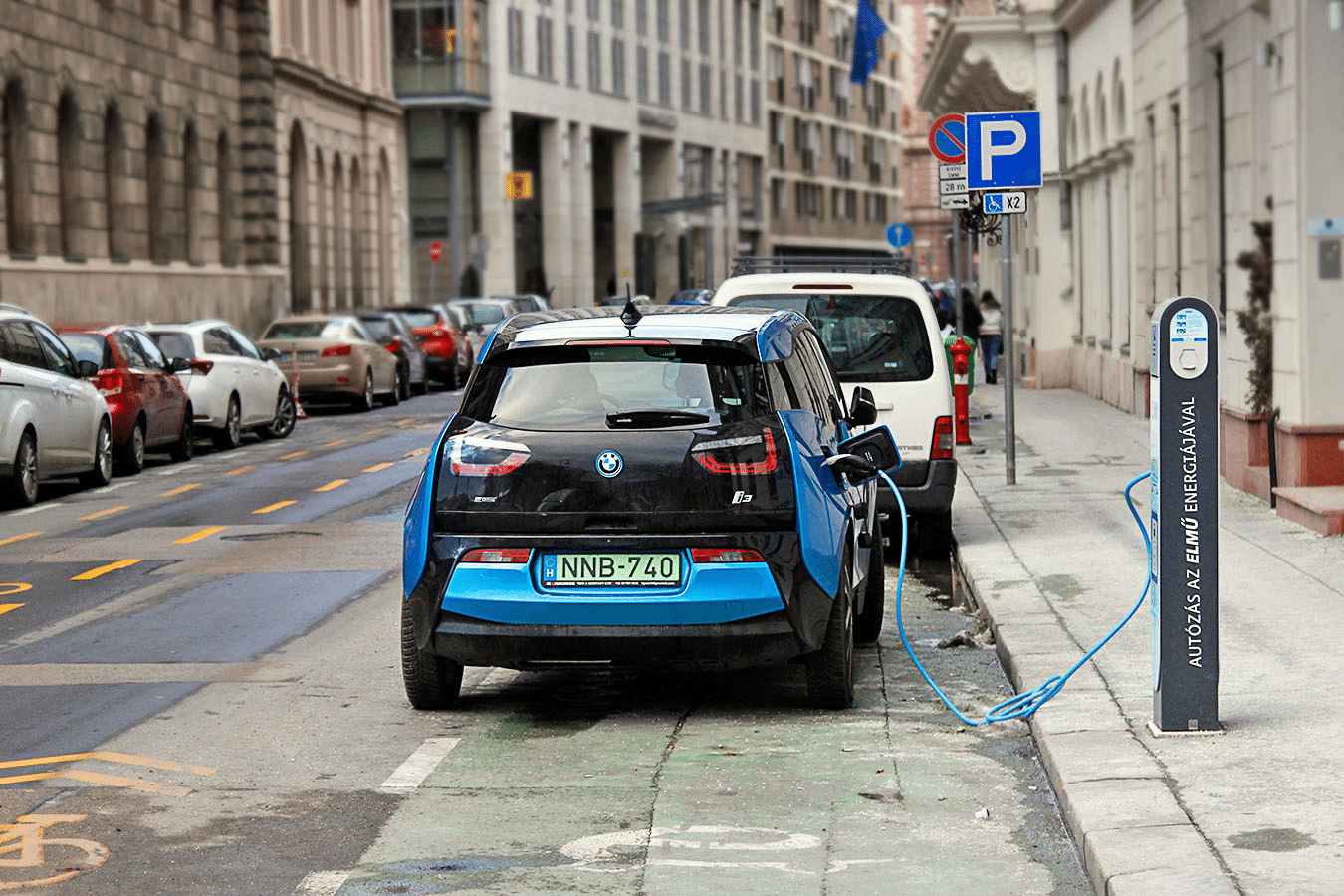
Workplace charging
The cost of charging an electric car at work can vary depending on the employer’s policy and the type of charger available. For example, these are just some of the things you might want to consider:
If your employer provides free charging facilities for electric cars at the workplace, you do not need to pay anything for charging your car. You just might need to share the charging stations with other employees and follow the rules set by your employer.
If your employer charges a fee for using the workplace charging facilities, you will need to pay the amount specified by your employer. This could be based on the electricity tariff, the duration of charging, or a flat rate. You may also need to pay tax or National Insurance for this benefit, depending on the circumstances.
To find out more about the cost of charging an electric car at work, you can use Zapmap’s public EV charging cost calculator, which allows you to select any EV and adjust the electricity tariff to the level of your preferred charging network. You can also compare the costs and times of different types of chargers, such as slow, fast, rapid and ultra-rapid.
How to find electric car charging points
There are many different ways that you can find electric car charging points near you or on your travels these days. One of the easiest and most convenient ways is to use Zapmap, a UK-wide map of electric car charging points that helps electric car drivers locate and navigate to their nearest EV charging point.
You can use Zapmap’s website or app to search and filter for electric car public charging points, as well as plan electric routes with the smart route planner. You can also use Zapmap’s public EV charging cost calculator to estimate the cost to fully or partially charge your electric vehicle (EV) when using the public charging network.
Another way to find electric car charging points is to use the D2N2 electric vehicle charging point map, which includes information on each of the charge points installed through the Go Ultra Low programme, including the 23 sites located within Nottinghamshire. This map shows the locations and providers of the charge points, the type of charger, its availability, and utilization charges (if applicable) for rapid charge points across Nottinghamshire.
You can also visit the websites of different public EV charging networks, such as BP Pulse, Chargeplace Scotland, Charge Your Car, Ecotricity, ESB Energy, GeniePoint, InstaVolt, Pod Point, Shell Recharge, and Tesla. Each network has its own app or RFID card that you can use to access its charge points, or you can use Zap-Pay to pay directly from the Zapmap app.
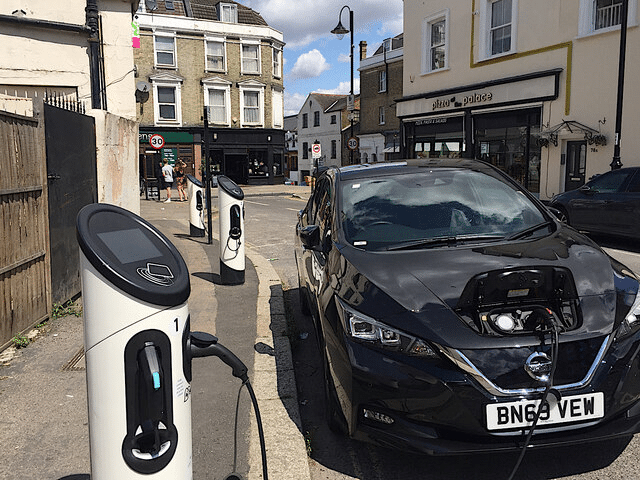
Can electric cars charge themselves?
Electric vehicles run on electricity stored in batteries, rather than petrol or diesel. They have many benefits, such as lower emissions, lower maintenance costs, and cheaper fuel costs.
However, the short answer is no, electric cars cannot charge themselves to any significant degree while driving. This is because of the conservation of energy principle, which states that energy cannot be created or destroyed, only converted from one form to another, according to Home Charging Stations. For electric cars, the energy stored in the battery is converted into mechanical energy to drive the vehicle forward. This means that the battery level will decrease over time, unless it is replenished by an external source of electricity.
There are some ways that electric cars can recover some of the energy that would otherwise be wasted while driving, such as regenerative braking and solar panels. Regenerative braking is a system that captures the kinetic energy of the vehicle when it slows down or stops, and converts it into electrical energy that can be stored in the battery. This reduces the amount of energy that is lost as heat and friction, and increases the efficiency and range of the electric car. However, regenerative braking cannot generate more energy than what was initially used to accelerate the vehicle, so it cannot fully charge the battery by itself.
With energy prices constantly on the rise it would be incredible if electric cars could charge themselves or if there were always some free public charging point about, but sadly free charging points are quite rare to find and aren’t that common.



















